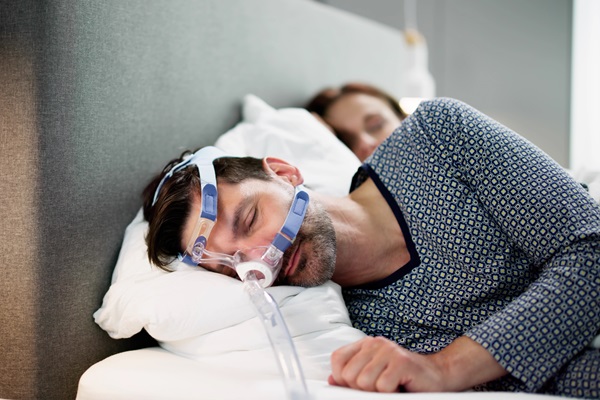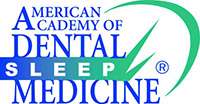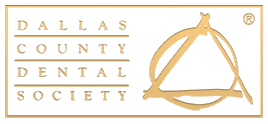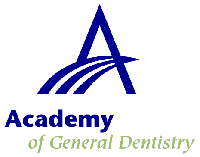How Can My Dentist Help with OSA Treatment?

OSA treatment is for anyone dealing with obstructive sleep apnea. OSA stands for obstructive sleep apnea, which is a serious health issue that can have a significant impact on a person's health. It leads to interruptions of a person's breathing during sleep due to their airways getting blocked. These interruptions lead to the person waking up momentarily as their body restores normal breathing. The more of these interruptions a patient has each night, the more severe their condition is, and the harder it is for them to get quality rest.
Sleep apnea typically leads to symptoms like:
- Headaches in the morning
- Feeling fatigued
- An inability to concentrate
- Mood swings
- Insomnia
Dealing with such symptoms on a regular basis can make it difficult to get through each day. The most common way to manage OSA is by using a continuous positive airway pressure (CPAP) mask. However, not all patients with sleep apnea are fond of this type of therapy. Complaints like skin irritation, dry airways, claustrophobia and the mask coming off during sleep are quite common. Many of these people can benefit by combining or alternating their treatment with the use of a dental appliance for sleep apnea.
When left untreated, sleep apnea can lead to serious health issues like heart disease, diabetes and high blood pressure.
OSA treatment with oral appliances
The oral devices used to treat sleep apnea work by keeping the wearer's jaw and tongue properly positioned while they sleep. Some get this done by keeping the person's jaw in a slightly forward and downward position, while others work by holding the tongue in place, preventing it from blocking the airways.
How a dentist helps with sleep apnea
Appliances used by dentists to deal with sleep apnea include a tongue-retaining device and a mandibular repositioning device. These devices are typically made out of acrylic, and they are worn in the mouth much like a mouthguard is. There are a few variations of these devices that can be worn around the chin and head.
Oral appliances are typically recommended if the patient only has mild to moderate sleep apnea. Patients who are considering getting one of these appliances should get a customized one from a dentist. This ensures a proper fit and reduces problems that can arise from wearing an oral appliance that does not fit properly, such as nausea, damage to the jaw and soreness.
The benefits of using an oral appliance to address sleep apnea include:
- Oral appliances do not dry out the airways like CPAP can
- There is usually no equipment the patient can tangle up or knock-off during sleep
- Oral appliances are a lot easier to travel with
We can help you manage sleep apnea
Anyone who has sleep apnea can benefit from an oral appliance even if they are already undergoing CPAP therapy. Contact our clinic today to learn more about how oral appliances help with the condition.
Request an appointment here: https://stonecanyondental.com or call Stone Canyon Dental at (972) 996-3191 for an appointment in our Sunnyvale office.
Check out what others are saying about our services on Yelp: Read our Yelp reviews.
Recent Posts
Sleep apnea treatments can significantly improve energy, focus, and general well-being. Dentists strive to help patients experience substantial relief and improved sleep through tailored treatment solutions. From comfortable oral appliances to collaborative care plans, these dental providers take a proactive approach to helping you get better rest.Sleep apnea is a common condition that disrupts breathing…
A dental bridge is a restorative treatment that fills the gap left by a missing tooth. These restorations feel similar to natural teeth and prevent additional oral health issues from arising due to gaps in the smile. Qualifying for dental bridges is also easy. Most patients find they qualify, and if they do not, they…
A healthy, complete smile is not only about looking good but is also important for your overall well-being. Dental bridges can help restore the appearance and function of your teeth. However, common misconceptions about these replacement options can prevent people from understanding their benefits. Let us debunk some common myths about dental bridges.While dental bridges…
When a dental emergency hits, it is important to know where to go to access the right care. An emergency dentist is often the right provider, although life-threatening emergencies require a trip to the emergency room. Learning when to go to the emergency dentist versus the emergency room can save you time, money, and discomfort.…







